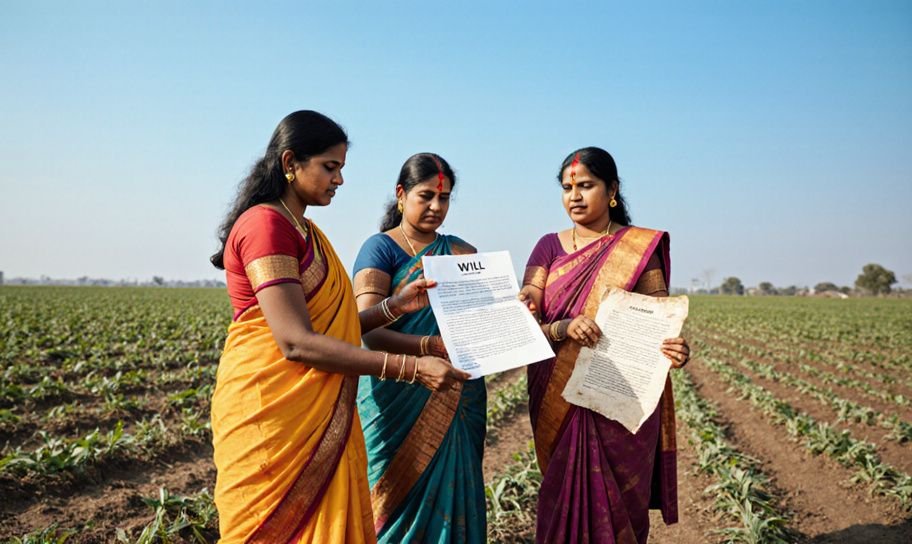
Summary: In a recent court ruling, Judge R. Vijayakumar decided on a family feud over farmland. The case involved the daughters of a deceased tenant farmer, with disputes over land rights and inheritance.
The case was about farmland that originally belonged to Ahammed Sherrif, Maruthai Mazhavarayar, and Dhanapal. Maruthai was the renter, and after he passed away, his wife Elanchiyam and their daughters Amirtham, Kasiammal, and Sellammal were involved.
After Elanchiyam's death, her daughters Kasiammal and Amirtham claimed the land based on a will dated April 8, 1992. Sellammal, the third daughter, argued she had a rental agreement from her mother since 1989, making her the rightful renter.
Two lawsuits were filed: one by Sellammal claiming exclusive rights and another by her sisters seeking to divide the land. The trial court initially supported Sellammal's claim, granting her rights to three pieces of land but allowing division of a fourth.
Kasiammal and Amirtham appealed, arguing that Sellammal's rental agreement was not valid without being officially recorded. They also claimed their right as renters through their mother's will. Sellammal's defense was that her rental agreement didn't need to be officially recorded.
Judge Vijayakumar ruled that:
"The judgment and decision of the First Appellate Court stands confirmed. Both the second appeals stand dismissed."
The court decided that the land should be divided among the daughters, and Sellammal's claim to have exclusive rights was not accepted.